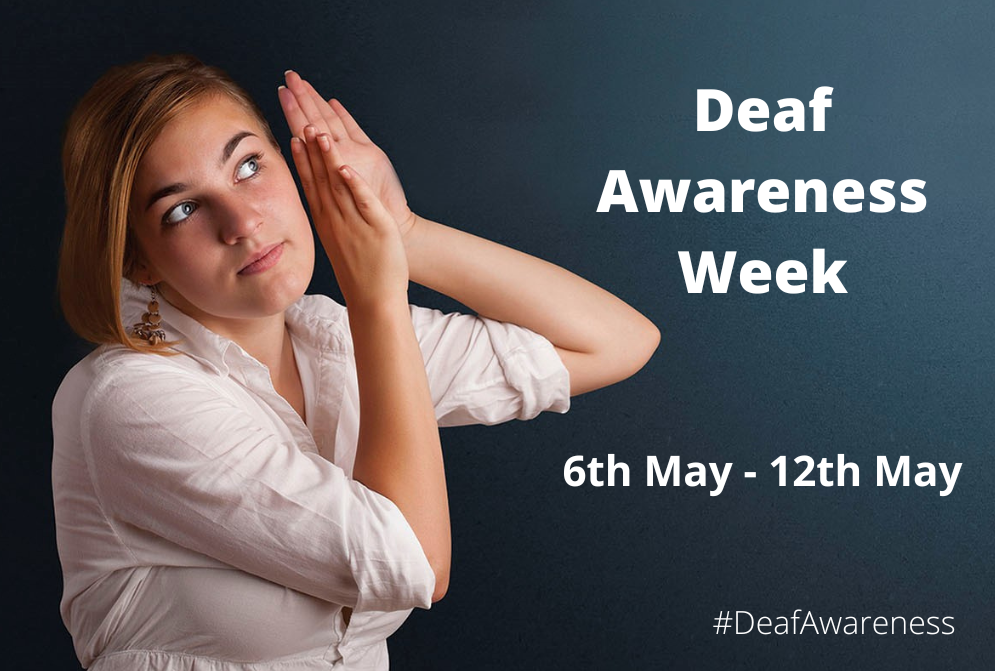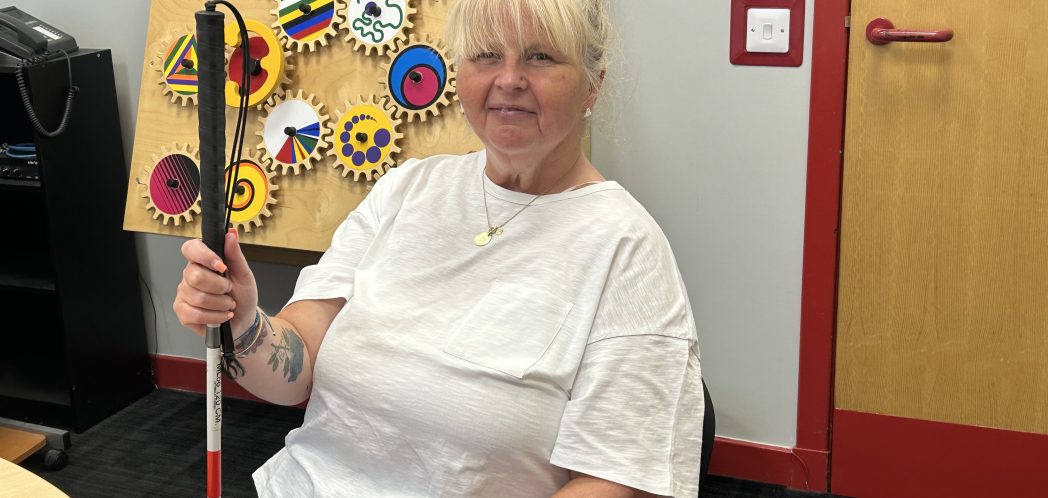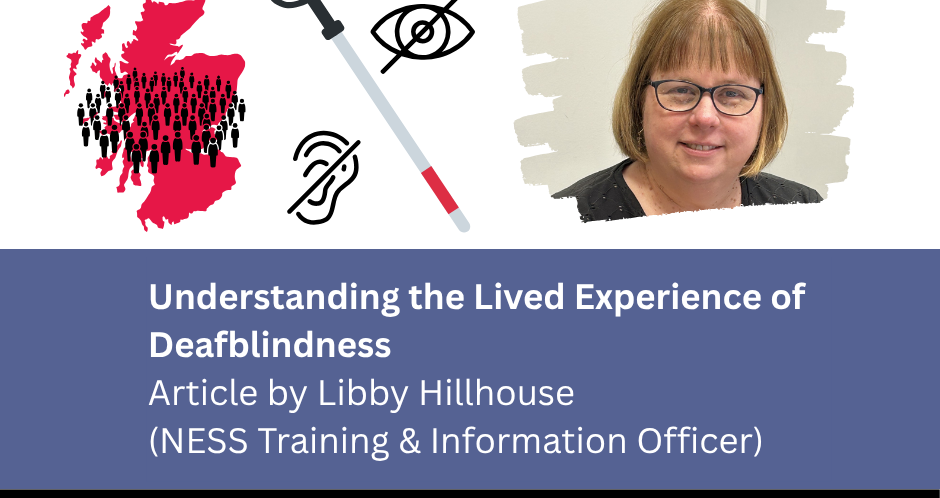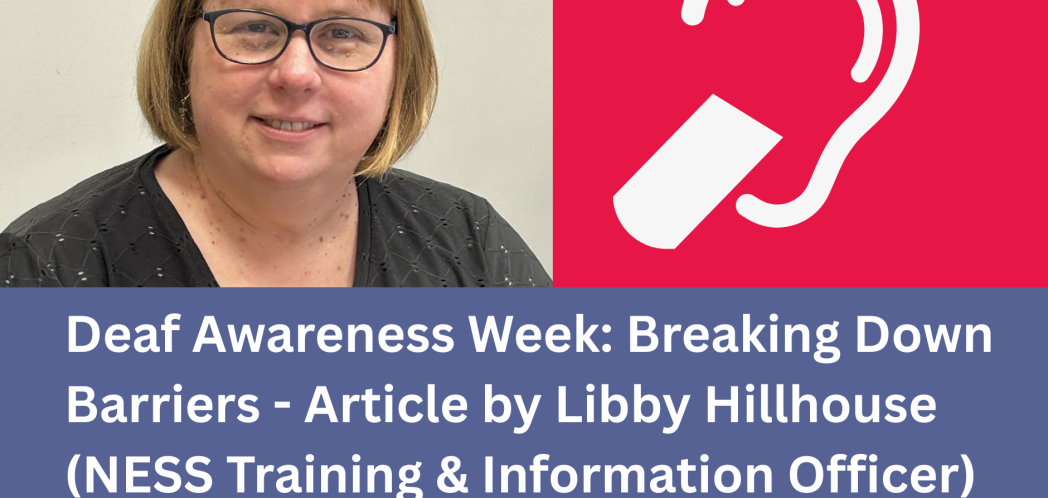Deaf Awareness Week, which takes place in May every year, is an opportunity for us to take a moment and recognise the impact that deafness has on people and their day to day lives, while learning about the different things that we can do to be support and include deaf people in our lives.
How many deaf people are there?
Deafness is more prevalent that you might think – 1 in 6 of the population is living with some degree of hearing loss, which in Scotland means that nearly 1 million people have some degree of hearing loss. This figure is set to rise to 1 in 5 of the population because of an ageing population and different lifestyle factors, including hearing loss caused by exposure to noise.
Age is a significant factor in the likelihood that someone will have some hearing loss. Over 50% of people over the age of 65 have some hearing loss, and 90% of people over the age of 90 have some hearing loss. However, there are many reasons why someone might develop hearing loss and there are many causes of deafness that starts in very young children.
Everyone with a hearing loss will have a unique experience of hearing loss, depending on how much they can and can’t hear as well as their own personal coping strategies and the support that they have had access to help them develop these strategies. During #Deaf Awareness Week, we will explore some of these experiences.
There are different levels of hearing loss which will influence someone’s preferred way of coping with and managing communication. Someone with a mild hearing loss might be able to hear fine in a one-to-one situation, with no background noise, but will find that they miss some sounds in busier, noisier situations. They may struggle to hear quiet sounds like birds singing or taps dripping or rustling leaves. Someone with a moderate hearing loss will find many speech sounds difficult to hear, making communication really difficult in many situations.
Someone with a severe or profound hearing loss might only be able to hear really loud noises but won’t be able to hear any sounds relating to speech, making spoken communication very difficult to follow without additional support and technology.
Deafness and hearing loss has a huge impact on someone’s confidence and can leave people feeling isolated, anxious and depressed. Hearing aids can make a big difference to some people, improving their quality of life and helping them access communication. Hearing aids often need to work alongside other pieces of technology to support someone to maintain their independence.
What about Deaf British Sign Language users?
In Scotland, there are around 7,000 Deaf people who use British Sign Language as their first or preferred language. Deaf people are severely or profoundly deaf and have been from a very young age. This means they haven’t got enough hearing to learn spoken language, and therefore signed language make sense for them to learn and use.
Deaf people are often proud of their Deaf identify and celebrate the richness and diversity of sign language in a wide range of cultural activity in arts, theatre, music, dance and much much more. However, they can be excluded from many parts of day-to-day life as most of us don’t use sign language and therefore can’t communicate with them.
Even learning the fingerspelling alphabet, which is used to spell names and places and can be useful tool to support communication can help you communicate with a Deaf person. Or even better, taking up the opportunity to learn sign language at your local college will give you the skills and confidence to communicate with a Deaf person.
How does NESS support people who are Deaf or hard of hearing?
NESS delivers a wide range of services to support people who are Deaf or hard of hearing or living with hearing loss, including Deaf British Sign Language users. These include:
During #Deaf Awareness Week, we will explore some of these experiences.
If you would like to have a better understanding about Deafness and hearing loss we also deliver awareness training – https://www.nesensoryservices.org/for-professionals/awareness-training/.




